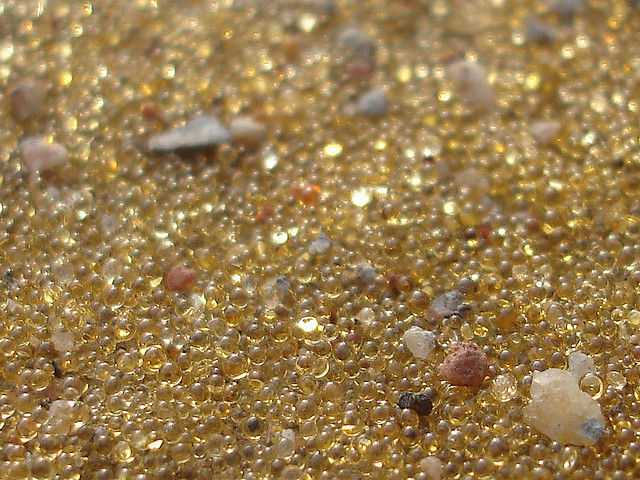FWP:
SETS == SUBJECT?;
VARNAH
MADNESS: {14,3}
ZARRAH verses: {6,8x}; {6,10x}; {15,12}; {16,4}; {29,1}; {33,1}; {42,2}; {42,3}; {68,4}; {87,3}; {95,3}; {113,6}; {128,1}; {138,2}; {143,4}; {228,3}; {228,7} // {320x,4}; {332x,1}, also 'a tiny bit'; {364x,7}; {371x,2}; {435x,3}
ABOUT apnaa : Officially apnaa
means 'pertaining to the subject of the sentence'. But since here the subject
is junuu;N , we need to read apnii
as short for kisii kii apnii , 'someone's own'. (For a discussion of gender issues and the omitted baat , see below.) Only
the conventions of the ghazal then permit us to read that 'someone' as the
speaker (=the lover), so that it becomes a contracted form of merii
apnii . Which then raises the further question: why didn't Ghalib just
use merii , which scans the same way as apnii
, and would have removed all ambiguity? Perhaps he wants us also to consider
a reading of hamaarii apnii , 'our own', so that the
reference might be to all lovers. Or perhaps even to all human beings, since
yaa;N , 'here', can easily mean 'in this world'. Or perhaps the reference could be to the madness itself, which did not accomplish 'its own' work? For
other examples of this kind of unspecific-- and often deliberately ambiguous--
use of apnaa , see: {1,4}; {30,2};
{43} (which has apnaa
as a refrain); {86,5}; {114,1}; {148,4}; {167,3}.
As Baqir, quoting Asi, points out, the past-tense grammar of varnah permits either a past or a contrafactual reading of the second line (for discussion of this see {3,5}). There are other such varnah examples, in which the meaning can be either indicative or contrafactual; this is another tool in Ghalib's tool-kit of what might be called meaning-multipliers.
If we read varnah as a simple past as in (2a), then the emphasis falls on yaa;N , 'here,' meaning in the lover's vicinity or the lover's world. This world is already in the desired state of radiant sun-like madness, and the failure is in the inability either to extend the condition-- no doubt to vaa;N or 'there,' where the beloved is-- or else to somehow use the condition as a jumping-off point for the great leap to the beloved that the lover is always longing for.
If we read varnah as contrafactual as in (2b), then the lover is accusing unhelpful madness of failing entirely, of not achieving the kind of 'access' that he wanted from it. He wanted a madness so acute and brilliant that every grain of sand would have glistened and radiated heat and energy like the sun. Perhaps then, seeing such a cosmic feat, the beloved would have paid attention.
Or alternatively, perhaps what the madness was supposed to do was not to create but to react to this astonishing world, in which every sand-grain resembled (or would have resembled) the sun. The word varnah is so flexible that it can permit a lot of ambiguity and shifting around. In a world of miracles and wonders, why do we live so tamely? Why can't we offer a response proportional to the dazzling sensory (and emotional) experience of the cosmos?
The commentators take ruu-kash to mean something like 'rival' or 'equal', and that's clearly a sense that works very well. Platts, however, offers a definition that emphasizes the covering up of something inner with something else on the outside, like an imitation; and in particular, he says the term applies to 'the cover of a mirror'-- quite a piquant way to think of a sand-grain in relation to the sun.
Note for grammar fans: Since junuun is masculine we have to take apnii as referring to some implied feminine noun, presumably the usual baat . (Or here perhaps mar.zii , or karnii ?) For discussion, see {59,2}.
Note for translation fans: It's true that a zarrah can be any tiny particle (see the definition above); but since its main Ghalibian role is in relation to the sun, I use 'sand-grain' to emphasize the possibilities of glittering and reflecting.

Nazm:
'Incapable madness did nothing', that is, it kept me deprived of receipt of generosity and union with the beloved. Otherwise, every single grain of dust [would have] received so much light that it resembled the sun. (16-17)
== Nazm page 16; Nazm page 17